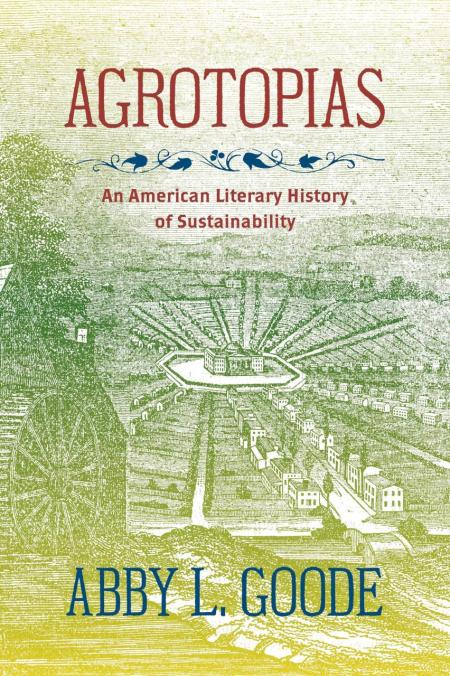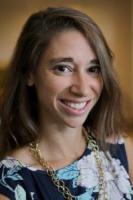
American Antiquarian Society
185 Salisbury Street
Worcester, MA 01609
United States
Join us virtually as Dr. Abby Goode discusses the foundations of American environmentalism and the enduring partnership between racism, eugenics, and agrarian ideals in the United States. Throughout the nineteenth century, writers as diverse as Martin Delany, Charlotte Perkins Gilman, and Walt Whitman worried about unsustainable conditions such as population growth and plantation slavery. In response, they imagined agrotopias—sustainable societies unaffected by the nation's agricultural and population crises—elsewhere. Though seemingly progressive, these agrotopian visions depicted selective breeding and racial "improvement" as the path to environmental stability.
Showing how ideas about race and reproduction were central to early sustainability thinking, Dr. Goode reveals an alternative environmental archive that ranges from gothic novels to Black nationalist manifestos, from Waco, Texas, to the West Indies, from city tenements to White House kitchen gardens. Exposing the eugenic foundations of some of our most well-regarded environmental traditions, Dr. Goode compels us to reexamine the benevolence of American environmental thought.

Abby Goode is an Associate Professor of English and Sustainability Studies at Plymouth State University in New Hampshire, where she teaches courses in American literature and culture, writing and sustainability, environmental justice, wilderness literature, and food studies. She is the author of Agrotopias: An American Literary History of Sustainability (2022, UNC Press) and has published research on early and nineteenth-century American literature and the environmental humanities, with a particular focus on histories of population control, eugenics, and agrarianism. Her work has been supported by fellowships from the American Council of Learned Societies (ACLS) and the American Association of University Women (AAUW). She held a Peterson Fellowship at the American Antiquarian Society in 2017.